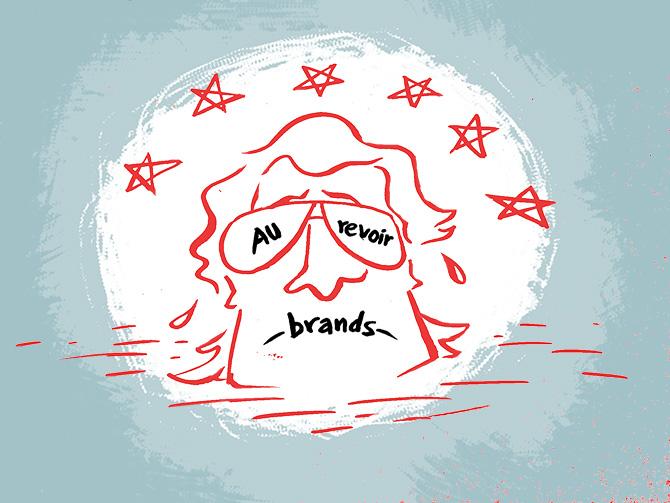Thousands of small brands are ruling the consumer market despite the predatory pricing and deep discounting by foreign e-commerce companies and efforts of certain FMCG companies to sideline the distributor network, said the Confederation of All India Traders (CAIT), which represents about 70 million traders in the country.

“If the government gives support policies to non-corporate sector and tighten the e-commerce companies to obey the policy and the law both in letter and spirit, the retail trade of the country is bound to blossom in pursuance of the vision of PM Narendra Modi for Make in India and Atmnirbhar Bharat,” said CAIT national president BC Bhartia and secretary general Praveen Khandelwal.
CAIT said it is a myth that about 3,000 big brands of corporate houses, particularly in the FMCG sector, consumer durables and cosmetics are catering to the needs of the people of the country.
It said there are more than 30,000 small and medium regional level brands that are the largest contributor to meeting the demand of the people of India.
According to a recent survey of the CAIT Research & Trade Development Society (CRTDS), a research arm of CAIT about 3,000 corporate brands cater to the needs of almost 20 per cent of the population of India whereas more than 30,000 thousand small and medium brands are meeting the demand of the rest of the 80 per cent people of the country.
"These include products manufactured by small and tiny manufacturers and producers whose products are sold across the country in loose quantity,” said Bhartia and Khandelwal.
Bhartia and Khandelwal said that corporate brands are in demand among higher and upper-middle-class levels due to extensive media and outdoor publicity and brand endorsements by celebrities, whereas the brands of small and tiny manufacturers are sold through one to one contact of customers and the shopkeepers as also through mouth publicity among medium, lower medium class and economically weaker section.
They said that among those verticals of trade in which the survey was conducted include foodgrain, oil, and kirana items. The other categories included cosmetics, innerwear, readymade garments, footwear, toys, educational games, and health care.












 © 2025
© 2025